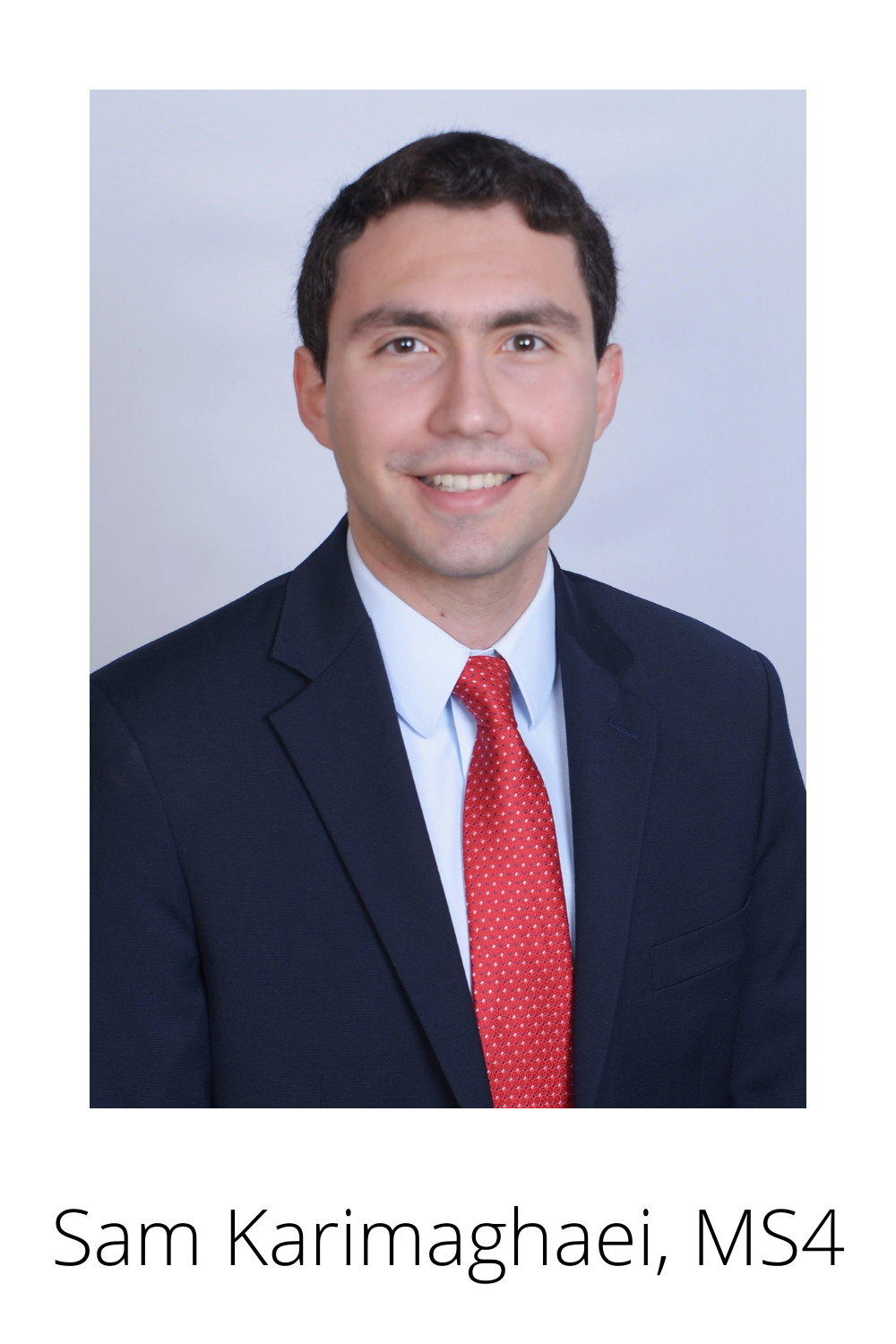Student Perspective: Sam Karimaghaei, MS4

New Delhi, India
After my first year of medical school, I participated in a global health trip to New Delhi, India. There, I rotated through the Venu Eye Institute and Research Centre, an eye hospital built to increase access to eye care in the region. The hospital was financially supported by non-governmental organizations but was operated by local healthcare professionals and leaders. The institution also trained ophthalmology residents/fellows and optometrists. It even established a robust mobile health clinic program staffed by Venu’s staff and trainees that frequently traveled to

socioeconomically disadvantaged communities in and around New Delhi to deliver both primary and surgical eye care. In my opinion, the Venu Eye Institute and Research Centre is a hallmark example of global health done right. The institute receives support from NGOs, but creative and operational control lies with local institutional leadership, who make decisions and implement initiatives, such as the mobile health clinic, that incorporate local perspectives and values. Their model of healthcare delivery is also sustainable, as it focuses on building local capacity rather than relying on foreign doctors to visit and deliver care. Ultimately, the support from NGOs allow Venu to empower local healthcare workers to serve their community. Embracing this model is an important step in the right direction to decolonize global health and allow the narrative of global health endeavors to be controlled by the populations being served.